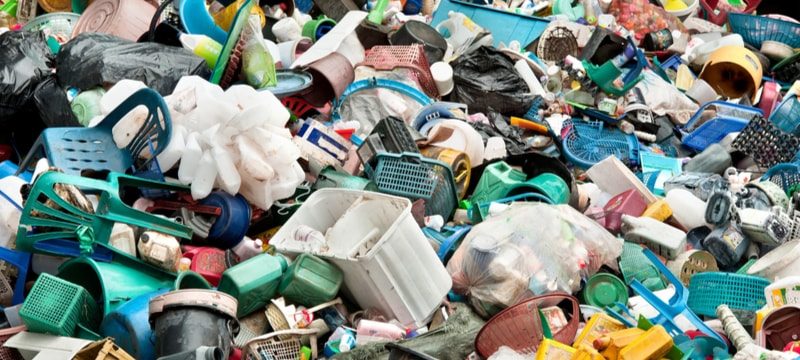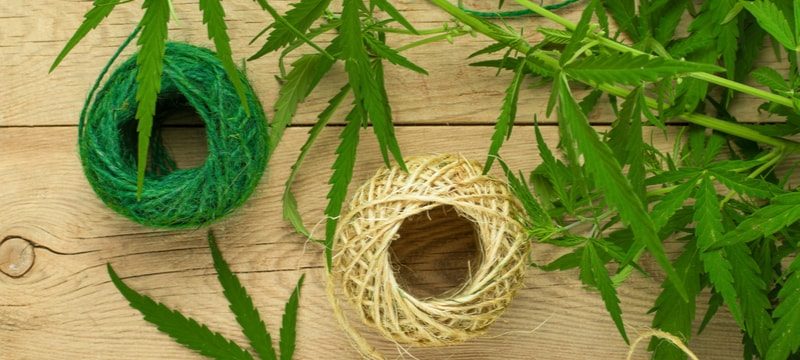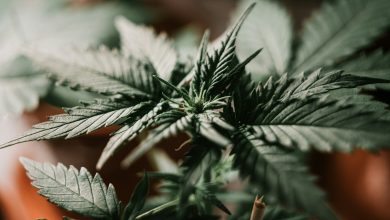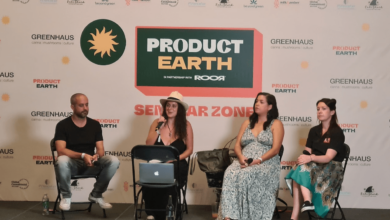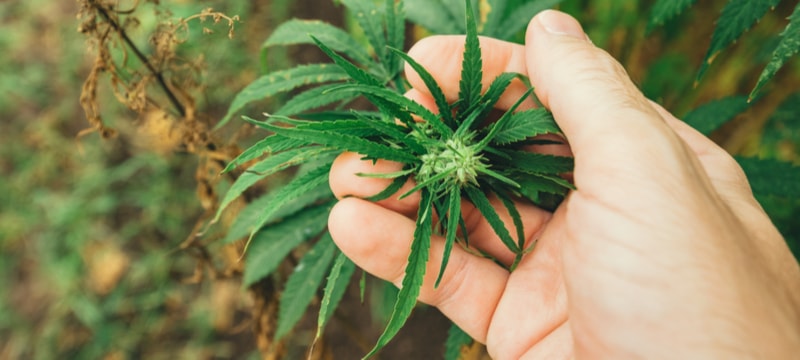
Hemp policies have turned a corner and a revolution is brewing. Farmers from across the land are beginning to grow and cultivate this crop for a number of biodegradable materials that could be saving our planet – amongst them being; plastic polymers, hemp building products, fabrics, wood, biofuel, paper, and even car components.
But, this is nothing new, the fibre from industrial hemp has been used for thousands of years. Archaeological evidence suggests that we’ve been using hemp since as early as 8,000 B.C., which would make it the first plant ever cultivated. And, whilst the sustainable wonder crop has undoubtedly served as an invaluable purpose throughout history, it may serve an even greater purpose in our immediate future.
Table of Contents
Saving the planet
Harmful fossil fuels, pollution from concrete use hempcrete and reduce the mountains of waste, global warming – it’s not difficult to see that our current population’s treatment of the plant will not last long. And, instead of innovative technological advances or groundbreaking formulas, the secret to sustainability could lie very simply within the hemp plant. Hemp advocate Richard Evans believes that this humble plant could be the answer, “Our generation has been tasked with one of the greatest challenges of the 21st century, namely reducing global carbon emissions,” he says.
“I feel my destiny is to contribute to solving this in a big way—on the global stage—and leave a positive impact that will help many, far and wide.” Richard is the founder of WA-based company, Mirreco which focuses on mainstreaming the use of hemp to address a growing environmental crisis.
As well as being useful to create a number of sustainable materials Richard also explains that it is also useful for “decontaminating soil, storing carbon, and could even be a contender to replace the oil industry”.
How hemp can help?
- Hemp can replace plastic
It’s estimated that by 2050, there will be more plastic in the ocean than fish, not to mention the majority of plastic in landfills will take hundreds of years to decompose, so it is vital that we find an alternative solution. Research shows that hemp plastic is 2.5 times stronger than regular plastic and also five times stiffer than those from petroleum-based sources. There is also the number one selling point that it is 100% biodegradable. - Can decrease deforestation
Hemp could help to decrease deforestation by providing a suitable alternative to wood products produced from trees. It only takes around four months to harvest and could produce around four times as much paper per acre than trees. Currently, almost half of the trees that once covered the planet are gone and deforestation accounts for 12% of greenhouse emissions so hemp should be considered an extremely viable alternative. Hemp timber is also renewable, and stronger than oak. - It’s a natural soil decontaminant
Hemp is known as a natural way to clean up soil pollution using a process called phytoremediation. It’s so powerful that it was used in Chernobyl to harmlessly extract toxins and pollutants from the soil and groundwater. The naturally resilient plant also cuts out the need for pesticides, herbicides, and fungicides, and thrives on less water than most crops. - Competes with cotton
The hemp plant has been used as a fabric ever since it was discovered and as a textile, it’s durable, breathable, soft, weather-resistant, and can even protect you from the sun’s powerful UV rays. It can come in a variety of natural colours based on how it’s processed from the plant and has a ‘wonderful drape, comparable to linen’. Plus it needs half as much land, water, and time as cotton does to thrive. - Can be made into biofuel
Our dependence on fossil fuels is staggering and by 2040, fossil fuels will be responsible for 77% of energy consumption. Hemp can be used as a viable alternative. It can be made to produce two types of fuels – biodiesel (made from hemp seed oil) and ethanol (made from the hemp stalk). Hemp oil is also the only oil than can be used in unmodified diesel engines, offering a clean alternative to gasoline. - If that;s not enough its know to help canines relax using CBD.
Is Hemp the answer?
In total, hemp has over 101 total uses of hemp seed oil and most notably it can also be used as an eco-friendly alternative to conventional building materials, can be consumed as a superfood, and could even help save our bees.
With hemp cultivation increasing in the coming years hemp could play a major role in helping to combat the environmental crisis. From hemp plastics and paper to alternative fuel and building materials, hemp holds a promise for significant change and improvement to the environment.


